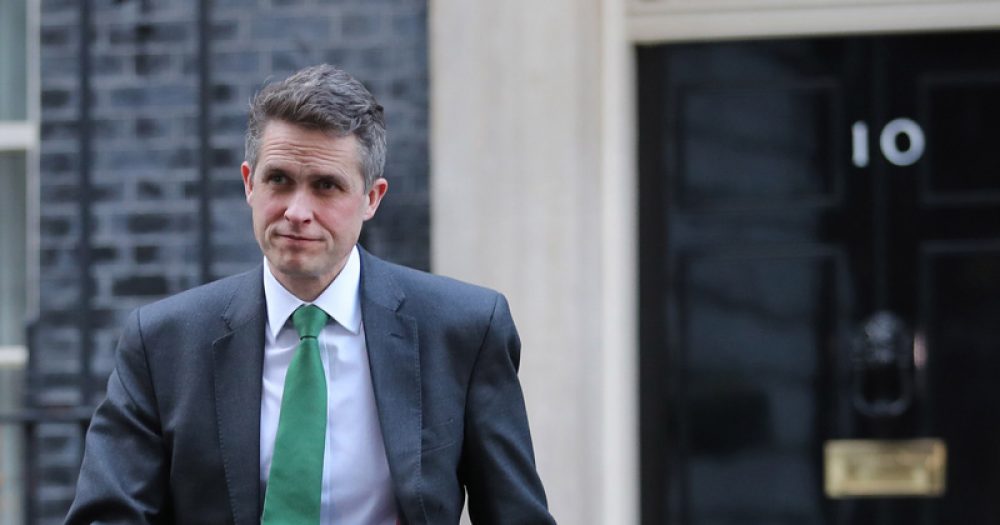The government is to drop its ambition to see all pupils return to primary school before the summer, according to reports in several national newspapers.
Ministers had hoped to see all primary-age pupils return for at least a few weeks before the break, but have faced pressure to drop the aim after a mixed response to the wider reopening of primary schools to reception, year 1 and year 6 pupils last week.
The change is expected to be confirmed by the education secretary Gavin Williamson in a statement to Parliament later today, with schools told they have flexibility over whether they admit more pupils.
Geoff Barton, the general secretary of ASCL, added: “The ‘ambition’ to bring back all primary year groups for a month before the end of the summer term was a case of the government over-promising something that wasn’t deliverable.
“It isn’t possible to do that while maintaining small class sizes and social bubbles, so we aren’t surprised that the policy has been jettisoned.”
Paul Whiteman, the general secretary of the NAHT, which represents the majority of primary leaders in England, added: “Schools will continue to use their flexibility, intelligently, to deliver the very best for all the pupils in their school.”
According to the Guardian, attendance statistics due to be released by the DfE today are likely to confirm only half of pupils in the three eligible year groups returned to school last week.
The ambition that all primary pupils return at some point before the summer holidays was first announced in the government’s recovery strategy document in mid-May.
However, the document stated at the time that it would only happen “if feasible”, and that the approach would be “kept under review”.
It comes as some secondary schools are preparing to welcome back year 10 and 12 pupils for some face-to-face support from next week.
Meanwhile health secretary Matt Hancock said yesterday that the “current working plan” is that secondary schools won’t return fully until “September at the earliest”.
He said the government has to “work out how we can get things that matter going safely and carefully” adding plans will need to be “innovative and thoughtful”.
But children’s commissioner Anne Longfield said the government is “furloughing childhood” by ditching its plans to get all primary pupils back.
She reportedly told BBC Radio 4’s Today programme: “I am worried that education has not had the priority that the economy has, business and jobs, or indeed the NHS.
“I also think children are in danger of being forgotten in this lifting of lockdown. We’re seeing a situation where theme parks are going to be opened in a month, shops, pubs, restaurants, but still children not back in school.”








The DfE, supported by much of the media, has accused teachers and unions of being obstructive in not supporting plans to open schools for all primary and some secondary pupils before the end of the summer term. But this all-too-familiar bout of teacher bashing has deflected attention from the wider issue: getting all children back to school in September.
This will entail proper preparation, planning and, crucially, funding. The government can’t shift all the burden on to already cash-strapped schools.